Exeter XL bully owner defends breed as he rehomes puppy
- Published

Richard Mohammed said he had never seen any aggression in his dogs
An XL bully owner from Exeter who has rehomed a dog from a family in Birmingham has defended the breed as "loving" and "sweet" .
A ban on the breed comes into force on 31 December, with owners needing an exemption to avoid criminal charges.
The government banned the crossbreed in October under the Dangerous Dogs Act 1991 following a rise in fatal attacks.
The government said it took "quick and decisive action" to protect the public.
Owners must decide for themselves if their dog is a bully XL type by checking it against the government's guidelines, which includes certain measurements, to apply for an exemption.
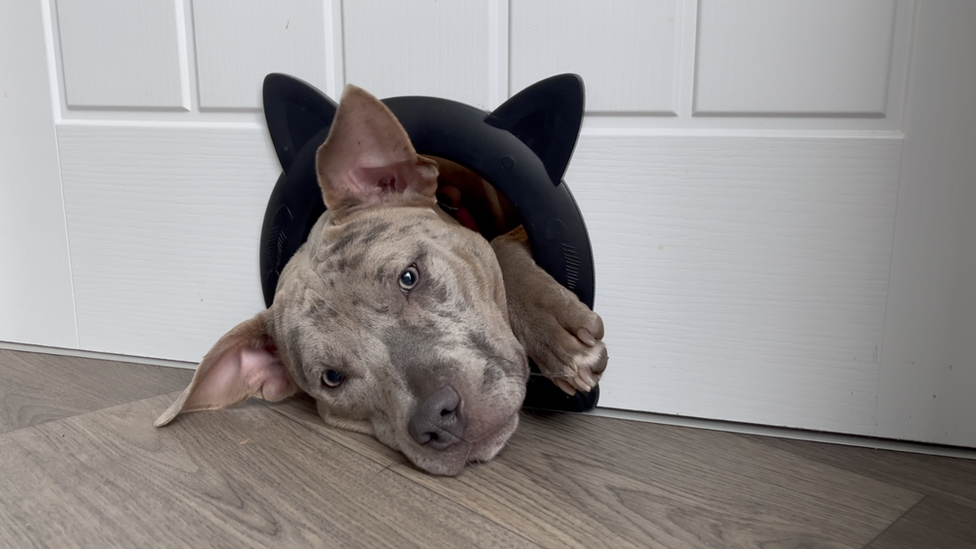
Drax is now living in Exeter after his previous family put him up for adoption
Richard Mohammed and his partner Sammy have an exempt XL bully called Bane and they adopted puppy Drax in October, a suspected XL bully.
The dog was bred from two XL bully parents, but Mr Mohammed said the dog was smaller than the government requirements.
"They're just the cutest puppies and the sweetest dogs," he explained.
"You don't hear about the ones that run from people, that are getting beaten, abandoned, or the ones the RSPCA get that are really badly abused."
Dr Sam Gaines, from the RSPCA, said: "We have now sadly started to see a rise in abandonment; we have had dogs unfortunately left at our centres."
Michelle Jordan, from Exeter's Pads for Pooches, which rehomed Drax, said: "Up until the ban came into effect, we were never asked by a council, pound or vets to rehome an XL because it's been abandoned.
"Since October, we've had about 12 and we are just one small rescue."

Michelle Jordan helped to rehome Drax with Richard and his partner
She said that before October they had been asked by owners to help rehome "seven or eight" XL bullies.
"Since October, we are now on about 37 or 38," she said.
Sue Smith, from K9 Crusaders in Cornwall, said she was "inundated with calls from distressed owners" worried their bull dog breeds, including Staffordshire bull terriers, might come under the ban.
She said: "I have spoken to people sick with worry to the point of not being able to eat, sleep or function normally.
"Some are experiencing a new hostility from within their own communities, with people pointing the finger, giving disapproving looks and crossing the road to avoid the dog they were happily fussing yesterday."
Mr Mohammed said his partner had also received hostility whilst walking their dog.
"Some guy just yelled out the car as he drove past: 'He needs to be put to sleep.' It was upsetting. I was quite shocked."

Richard Mohammed's dogs Bane and Drax
The RSPCA, K9 Crusaders, Pads 4 Pooches and Mr Mohammed said that breed specific banning was not working.
"It falsely misleads the public to think that one type of dog or one breed of dog is inherently aggressive when that's not the case," Dr Gaines said.
She added it also led to "unintended harm for lots of dogs whose behaviour would never pose risk to public safety".
It will be against the law from 31 December to sell, abandon, give away, breed or have a XL bully in public without a lead and muzzle.
A Department for Environment, Food and Rural Affairs spokesperson said there had been a rise in dog attacks with the XL bully being "disproportionally involved".
It added: "That is why we have taken decisive action to add XL bully breed types to the list of breeds prohibited by the Dangerous Dogs Act 1991, which we firmly believe will reduce the risk to the public."
The department said it was trying to tackle dog control issues across all breeds and was working with the Responsible Dog Ownership taskforce having "considered the role of education and training to reduce the risk of dog attacks."

Follow BBC Devon on X (formerly Twitter), external, Facebook, external and Instagram, external. Send your story ideas to spotlight@bbc.co.uk, external.
Related topics
- Published26 November 2023
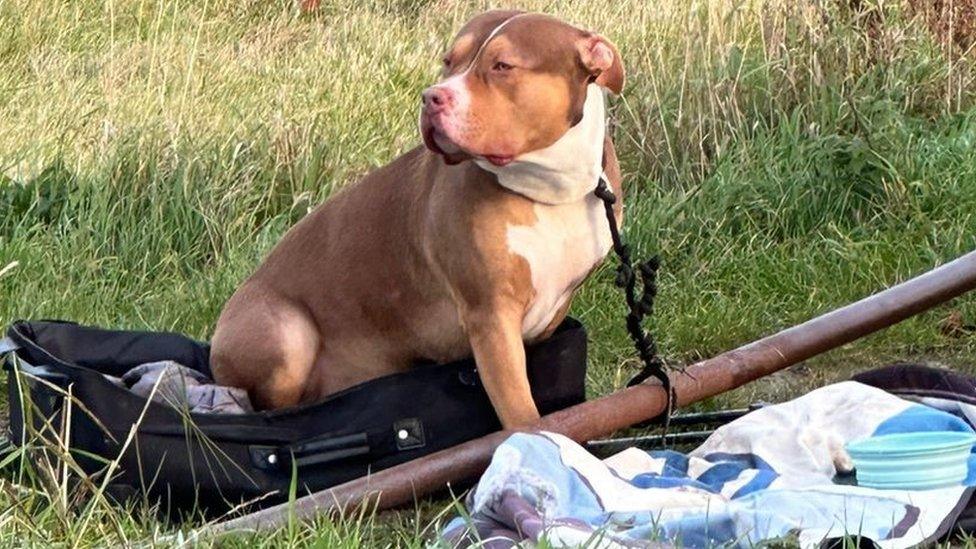
- Published23 November 2023
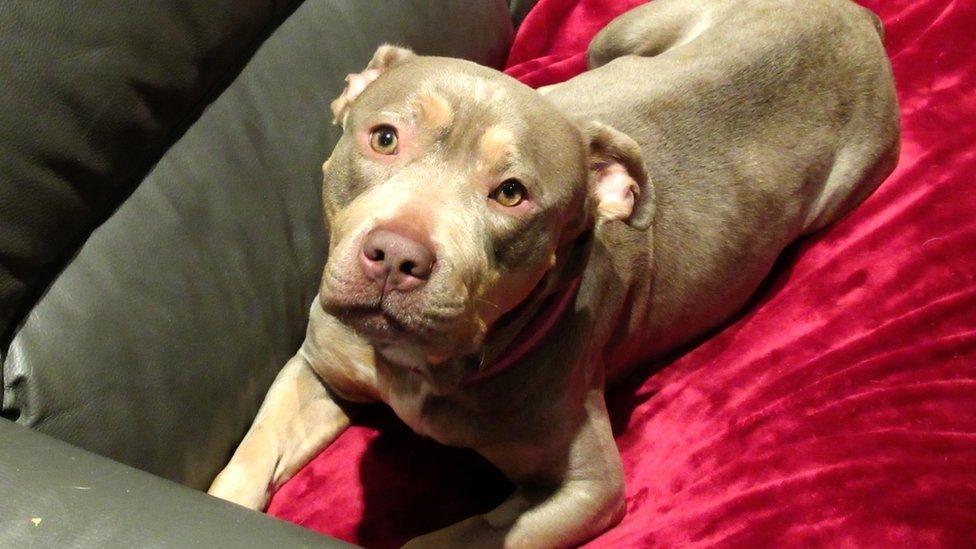
- Published4 November 2023
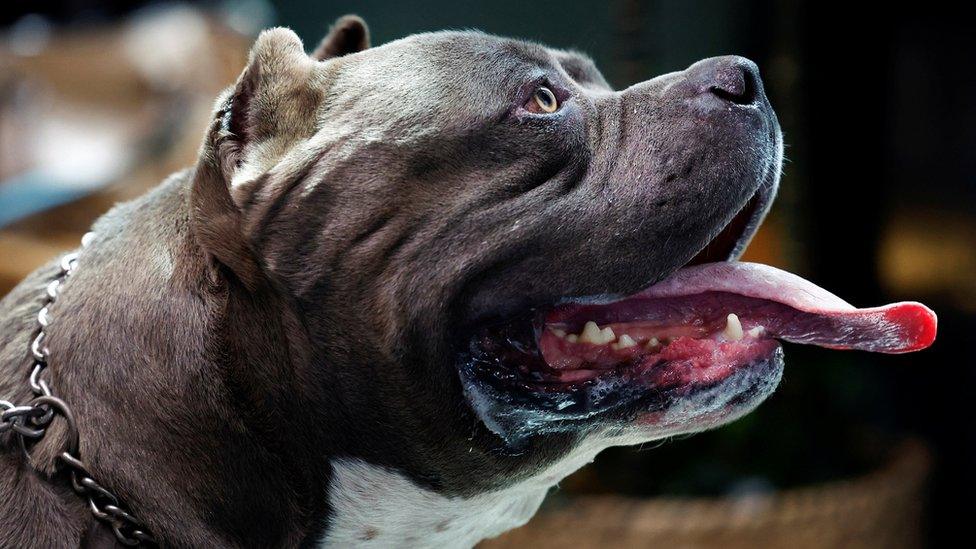
- Published24 March
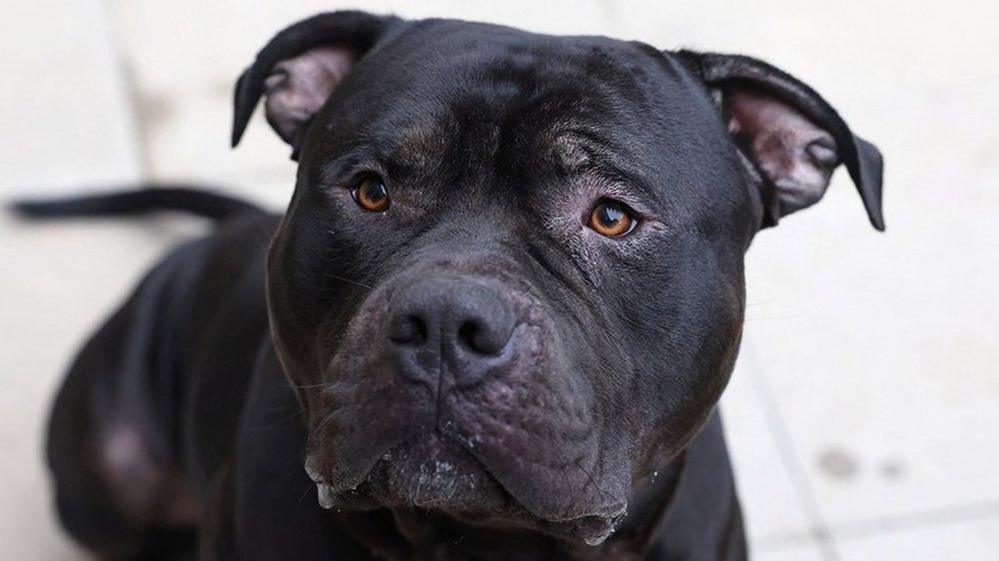
- Published3 December 2023
